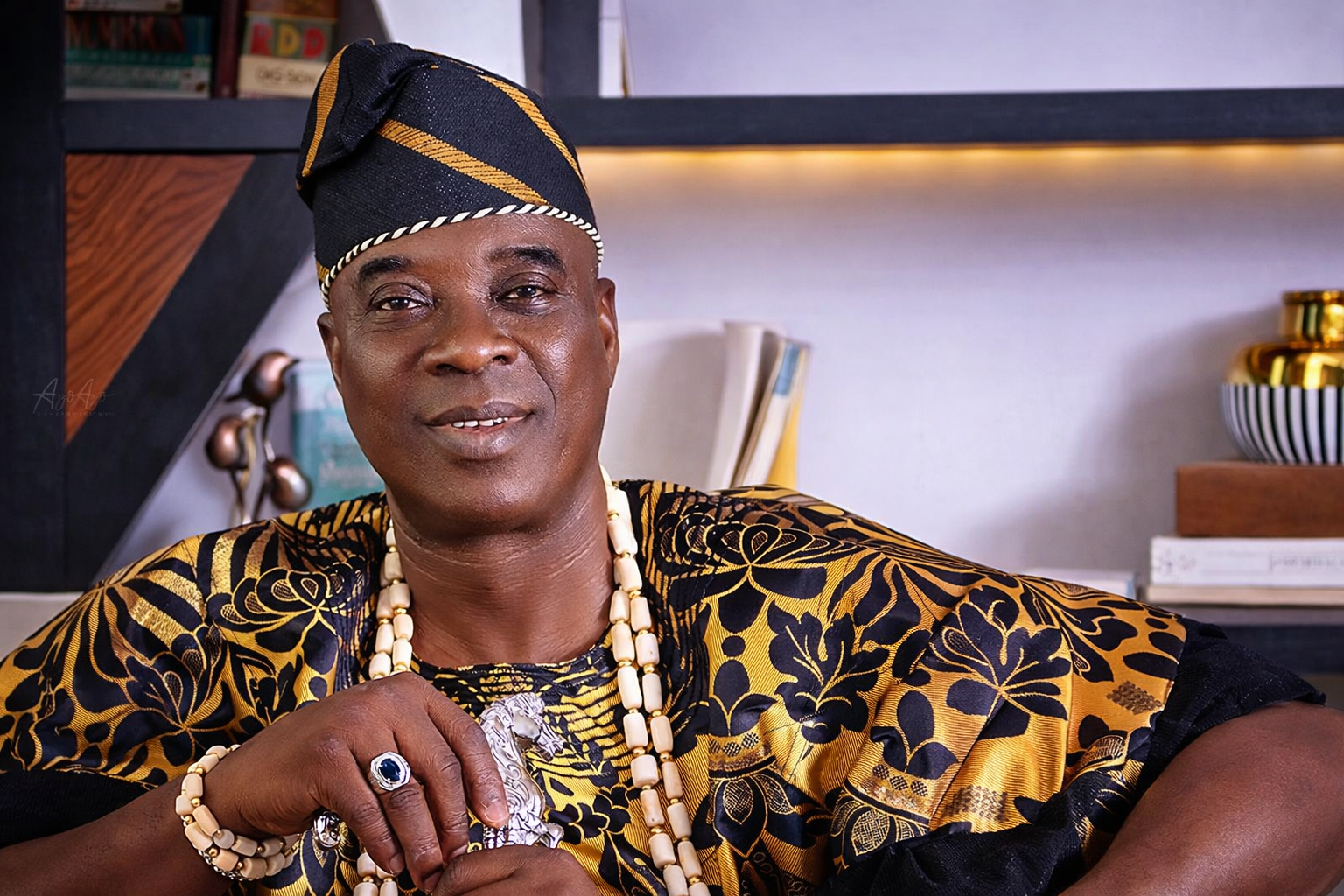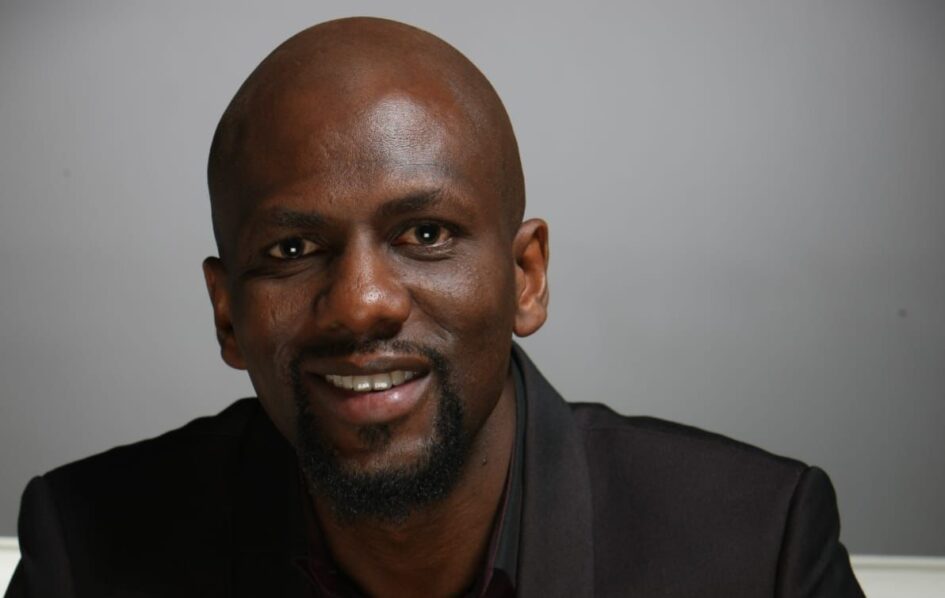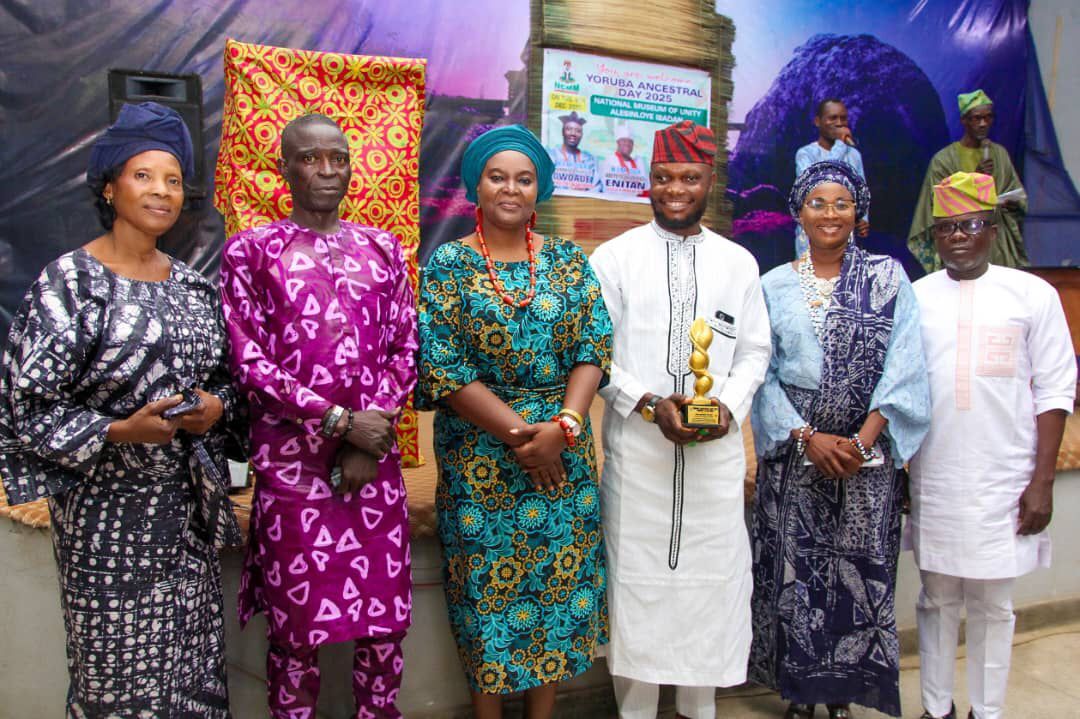August 21, 2021. Ode-Itsekiri, Warri, Delta State. The excitement was palpable. Omoba Utieyinoritsetsola Emiko sat on the royal stool, eyes moving from side to side, as they reacted to floodlights beaming over him.
His head tilted up in stillness as though awaiting a voice from heaven. At about 3:30pm, the wait ended, and the newly forged golden crown was placed on his head. Omoba ‘Tsola Emiko completed the process to become Olu of the Warri Kingdom. From that day, as tradition dictated, he stopped answering to his birth name and became His Majesty, Ogiame Atuwatse III, the regnal name he chose from the lot he was given. His coronation captured the public imagination and shifted the Warri’s narratives.
Looking back to that fateful day, when he was crowned the 21st Olu of Warri at Ode-Itsekiri, thereby succeeding his uncle, Ogiame Ikenwoli I, Ogiame Atuwatse III nodded, “It’s been an exciting adventure.”
However, the king, who is the youngest monarch on that throne of Warri, confessed, “each way with its own challenges, experiences, excitements. A beautiful carousel.”
In four years, he has stood as a testament to purposeful leadership, grace, and an unwavering commitment to the advancement of Iwereland and Nigeria as a whole.
At 41, he has given Oma Iwere hope in every way.
“I’m very hopeful that not just Warri will be restored to beyond its old glory, but the other parts of the kingdom will be opened up to every aspect of development, starting with educating and investing in the minds of our people. Because once the mind is equipped, every other thing will develop and manifest as a result of the mind being developed,” he sighed softly.
Ogiame stays informed about the needs and concerns of his people, especially in this age of social media. He believes in the old adage that says the king hears everything twice. He hears it unofficially, and then hears it formally. “This was before technology, social media, and other means of improved communications techniques — So, the advent of these technological advancements that even make access and communication intrusive, only magnifies what that old adage has been saying, ‘filtering the information is the issue. Not if one stays informed.”
With an assuring confidence, he revealed that the principles or values that have guided his decisions as a king include righteousness, justice, equity, kindness, and love. These qualities, no doubt, have impacted how he envisions himself as a monarch.
Known to champion the development and empowerment of African people, most especially his Itsekiri children, he has taken this as a priority. One initiative that he is proud of is the Royal Iwere Foundation. The impact is felt across education, environment and health. Through the Royal Iwere Foundation, the humanitarian arm of the Warri Kingdom, Ogiame has spearheaded initiatives aimed at improving the quality of life in the South-South region.
One such initiative is the Teachers’ Training Programme, which equips early childhood educators with modern techniques for effective classroom delivery. In 2023, the Warri kingdom entered into a partnership with Tampere City in Finland, aimed at fostering cooperation in education, digital transformation, and regional development. The Memorandum of Understanding signed between the Warri kingdom and Tampere City is a groundbreaking step in promoting knowledge transfer and capacity building, essential components for the kingdom’s growth. Though this has been a challenging task, however, to him, it’s all about encouraging the individual to be proud of who they are and what they represent.
“We all need to collectively raise our heads and elevate our thinking as Africans. The black man has been under all sorts of assault for a long time, and the mental form of this assault remains the most unrelenting, even though subtle. So, it’s not easy, but it’s not supposed to be easy. We wake up each day and we are ready to collectively raise African heads and elevate our minds and thinking,” he said.
He has cemented relationships with kingdoms, foreign governments, state governments, as well as the Federal Government as a way to attract developmental projects as well as ensure the completion of abandoned projects in the area. Looking at these relationships, he noted that they’re all important. From the engagements with the Asantehene in Kumasi, and the Omanhene in the Cape Coast area of Ghana, to King Oyo Rukidi IV of Tooro Kingdom in Uganda, and then on to His Majesty King MisuZulu in South Africa.
“Kings represent the soul, the fibre, the very soil of the land of this continent. And honouring them and bringing them into fellowship and alignment, I believe, will open new gateways and portals for a more united and prosperous Africa,” the traditional ruler said.
The Olu of Warri is one of the influential ‘first class’ traditional rulers in the country, a designation the Federal Government of Nigeria uses in referring to a handful of traditional rulers whose ancient kingdoms predate Nigeria’s existence as a geopolitical entity. Olu Atuwatse III has since modernised and energised the institution. He balances the preservation of cultural heritage with the need for progress.
To him, “you don’t throw the baby out with the bath water. One can be true to one’s identity, yet the practices or ways that do not elevate or work with the times can be quietly done away with. The law was made for man, and not man for the law. The only thing constant in this life is change, and preferably, change that yields in progress.”
 How does he see the role of tradition in modern governance?
How does he see the role of tradition in modern governance?
“The average Nigerian man is still influenced by how he sees his king operate. Even the expression that all politics is local supports this mentality. The grassroots level determines a lot. Especially as we are yet to accurately define a truly lasting Nigerian identity, most people see themselves first through their ethnic identity, and then work their way up to a national identity. In fact, for us to effectively come up with a Nigerian identity, the role of tradition and traditional rulers is essential,” Olu of Warri admitted.
His advice for those aspiring for political offices?
“Try to truly be different. Go there with a heart to serve the people. Improve their lot and their living conditions. See yourself as part of the “water cycle”, to ensure that the water flows and as it does, it heals, it replenishes, it refreshes. Put the right foundations in place, and by foundations, the heart posture, the energy, the mindset, and the culture has to be right. Once that is right, it is easier for us to see and better appreciate the physical development and infrastructure that will follow. Out of the heart, all things flow, even the much-needed development that Nigerians are yearning for,” he said.
On how he handles criticism or opposition to his leadership, the monarch says, “For the criticism, you separate the truth from the ‘unpleasant’ delivery. Learn from it, and carry on. As for the ‘opposition’, that’s more complicated. If the foundation of why they’re opposed is truly justified from a spiritual and moral point of view, then these matters can be addressed, because one must be guided when it comes to matters of thrones. It’s not mere democratic considerations. It’s first spiritual before anything.”
He believes the most important qualities for successful leadership are humility, decisiveness, kindness, a sense of justice and equity.
A God-fearing king, he approaches decision-making with prayer, stillness, and “more prayer and inquiry with God,” as he puts it.
On the controversy surrounding his ascension to the throne, he said: “For the most part, it’s settled. Some just want to insist on going to court to seek whatever it is they’re determined to get, so it’s a process of fulfilling all righteousness. We hope and pray for total peace and true reconciliation soon.”
Born April 2, 1984, to then Prince Godwin Toritseju Emiko and Gladys Durorike Emiko in Warri during the reign of his grandfather, the 18th Olu of Warri, Erejuwa II, his paternal great-grandfather was Olu Ginuwa II, and he is the 16th great-grandson in a direct male line of Olu Ginuwa, the first Olu of Warri. He is a distant relative of the Benin royal family through Ginuwa’s grandfather, who was Oba Ewuare the Great of the Kingdom of Benin. He is also descended from Oranmiyan in a direct male line through his father, via the first Oba of Benin, Eweka, who was a son of Oranmiyan, and an ancestor to Olu Ginuwa and Oba Ewuare. His father rose to the throne as the 19th Olu of Warri, Olu Atuwatse II, when Tsola was two years old after the death of his grandfather, Olu Erejuwa II.
He attended NNPC Primary School in Warri and Adesoye College, Offa, Kwara State, for his primary and secondary education, respectively. He obtained a Bachelor of Arts in International Studies and Political Science from Case Western Reserve University, Cleveland, Ohio, USA, in 2006. In 2007, he obtained a Master’s of Science degree in Management from the same university’s Weatherhead School of Management.
In 2008, Ogiame Atuwatse III returned to Nigeria for the mandatory National Youth Service Corps and served in the Public Affairs Department of National Petroleum Investment Management Services (NAPIMS).
After NYSC, he worked as an officer at the Shell Nigeria Closed Pension Fund Administrator (SNCFPA) and Sahara Energy between 2010 and 2012.
Ogiame, who is a serial entrepreneur, having founded Noble Nigeria and Coral Curator, is married to Olori Ivie Atuwatse III, daughter of the late Nigerian billionaire businessman, Hosa Wells Okunbo, since 2014. They have three children.






